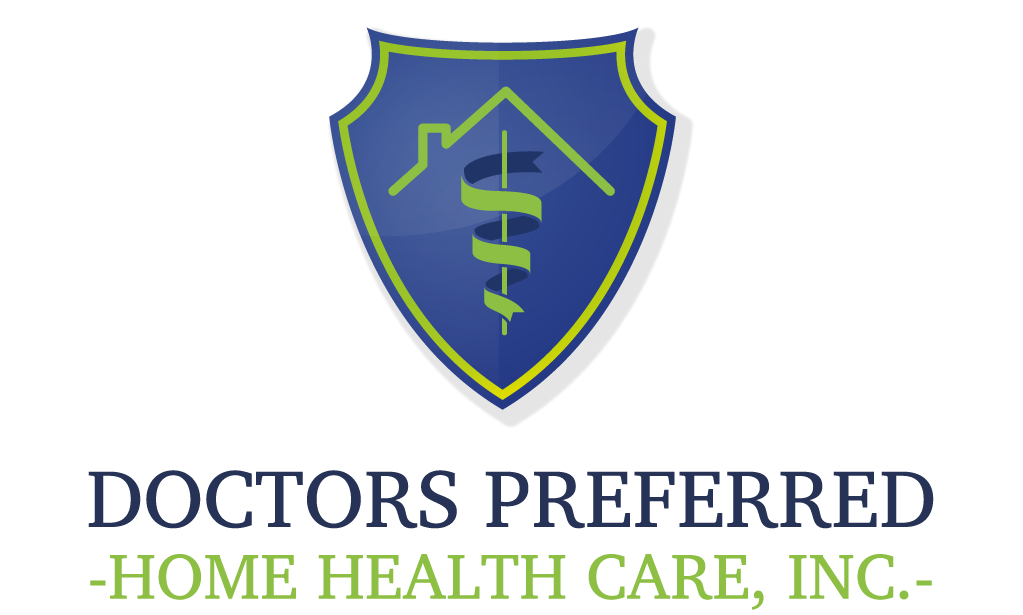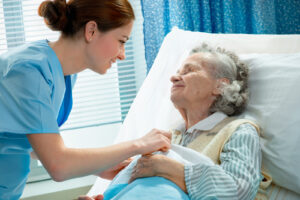At Doctors Preferred Home Health Care, our occupational therapists are dedicated to assisting patients with various conditions that may be mentally, physically, developmentally, or emotionally...
Read More- +1.888.528.8757
- office@doctorspreferredhhc.com
- Monday – Friday 9 AM – 5 PM

